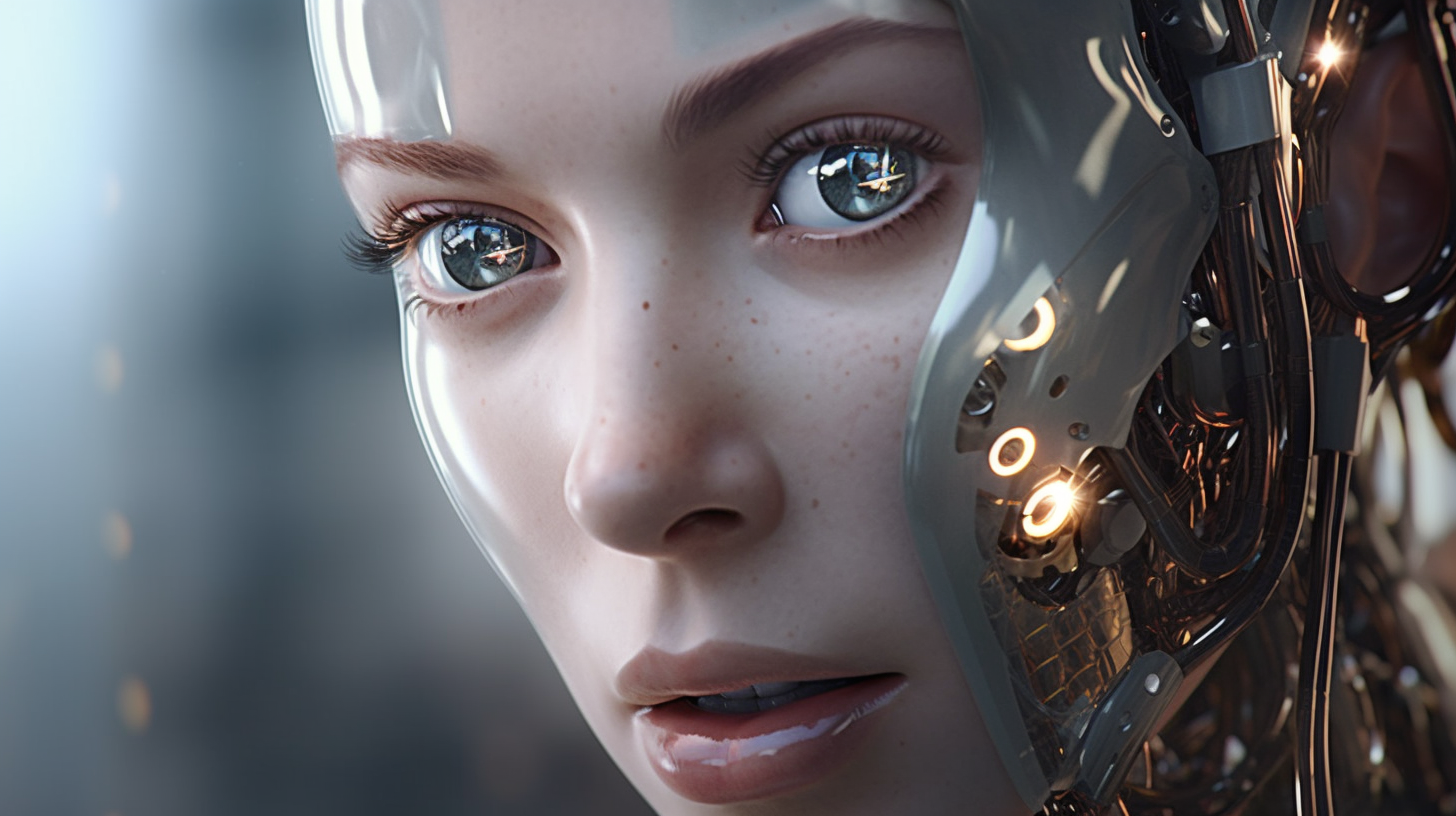AI Rights and Ethics
As we ponder the ethical implications of robots advancing, we can look to old wisdom like the Confucian 'role obligations' to guide us. It's not about giving robots rights, but about recognizing our intertwined existence and the merging of man and machine.

In the realm of science fiction, robots have long reflected our deepest anxieties and ambitions. The Bicentennial Man sought acceptance and legal rights as a human, while in The Matrix, machines reduced humans to mere energy sources.
The question is no longer confined to celluloid - as robots evolve, how do we ethically engage with them?
A recent study from Carnegie Mellon University leans on the wisdom of the ancient, proposing Confucian "role obligations" for robots. It's an idea as interesting as it is challenging.
In the quest for acceptance, the Bicentennial Man embraced humanity, its flaws and virtues alike. Shouldn't our real-world machines aim for a similar harmony? It's not about granting rights to robots or reducing them to utilities, but about understanding our shared dance in this world.
The dance floor is both a battlefield and a stage, echoing with the footsteps of our past and resonating with the possibilities of our future. As we dance, the lines between man and machine blur. And in that blur, perhaps we'll find not just what it means to be human or machine, but what it means to be a part of this shared reality.
Will our dance be a waltz of mutual respect, or a tango of power and control? Only the music of our actions will tell. The rhythm is ours to set.